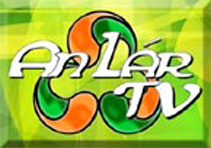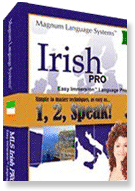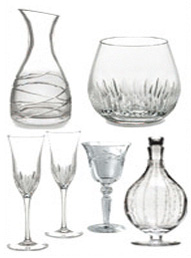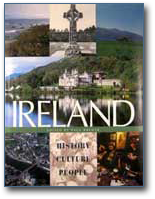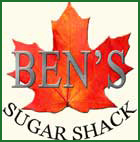History of Christmas Caroling
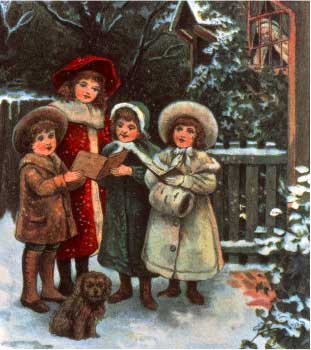 |
Carols were first sung in Europe thousands of years ago, but these were not Christmas Carols. They were pagan songs, sung at the Winter Solstice celebrations as people danced around stone circles. The Winter Solstice is the shortest day of the year, usually taking place around the 22nd of December. The word Carol actually means dance or a song of praise and joy. Carols used to be written and sung during all four seasons, but only the tradition of singing them at Christmas has survived.
Early Christians took over the pagan solstice celebrations for Christmas and gave people Christian songs to sing instead of pagan ones. Many composers all over Europe started to write carols. Not many people liked them as they were all written and sung in Latin, a language that the normal people didn't understand. By the time of the Middles Ages, in the 1200’s, most people had lost interest in celebrating Christmas altogether.
In 1223, St. Francis of Assisi started nativity plays in Italy. The people in the plays sang songs that told the story during the plays. Sometimes the choruses of these new carols were in Latin but, normally, they were all in a language that the people watching the play could understand.
The earliest carol was written in 1410 but only a very small fragment of it still exists. The carol was about Mary and Jesus meeting different people in Bethlehem. Most carols from this era and the Elizabethan period are untrue stories, loosely based on the Christmas story, and were seen as entertaining rather than religious songs. They were usually sung in homes rather than in churches. Traveling singers and minstrels started singing these carols and the words were changed for the local people wherever they were traveling.
When Oliver Cromwell and the Puritans came to power in England in 1647, the celebration of Christmas and singing carols was stopped. However, people still sang them in secret until Victorian times, when two men called William Sandys and Davis Gilbert collected a lot of old Christmas music from villages throughout England.
Before carol singing in public became popular, there were sometimes official carol singers called 'Waits'. These were bands of people led by important local leaders who had the only power in the towns and villages to take money from the public. If others did this, they were sometimes charged as beggars. The 'Waits' only sang on Christmas Eve. This was sometimes known as 'watchnight' or 'waitnight' because of the shepherds who were watching their sheep when the angels appeared to them. Also, at this time, many orchestras and choirs were being set up in the cities of England and people wanted Christmas songs to sing, so carols once again became popular.
Many new carols, such as 'Good King Wenceslas', were written. New carol services were created and became popular, as did the custom of singing carols in the streets. Both of these customs are still popular today. One of the most popular types of Christmas customs are Carols by Candlelight services, when the church is only lit by candlelight. Carols by Candlelight services are held in countries all over the world.
Perhaps the most famous carol service is the service of Nine Lessons and Carols from King's College in Cambridge, England. This service takes place on Christmas Eve and is broadcast live on BBC Radio and all over the world. The Service was first performed in 1918 as a way of the college celebrating the end of World War I. It is always started with a single choir boy singing a solo of the first verse of the carol 'Once in Royal David's City'. A service of Nine Lessons and Carols, has nine bible readings that tell the Christmas story with one or two carols between each lesson.
Caroling is still popular worldwide. In my rural town, groups from the different churches stroll about the neighborhoods on Christmas eve, usually collecting tip money for charity. Another annual event is the Christmas concert, with the choirs from all the area churches joining together for a very moving and inspirational performance.
Disclaimer: LittleShamrocks.com is an affiliate website that receives commissions from sales of the products listed. We have purchased and sampled many, but not all, of the products on these pages.
© Copyright LittleShamrocks.com. All Rights Reserved.



